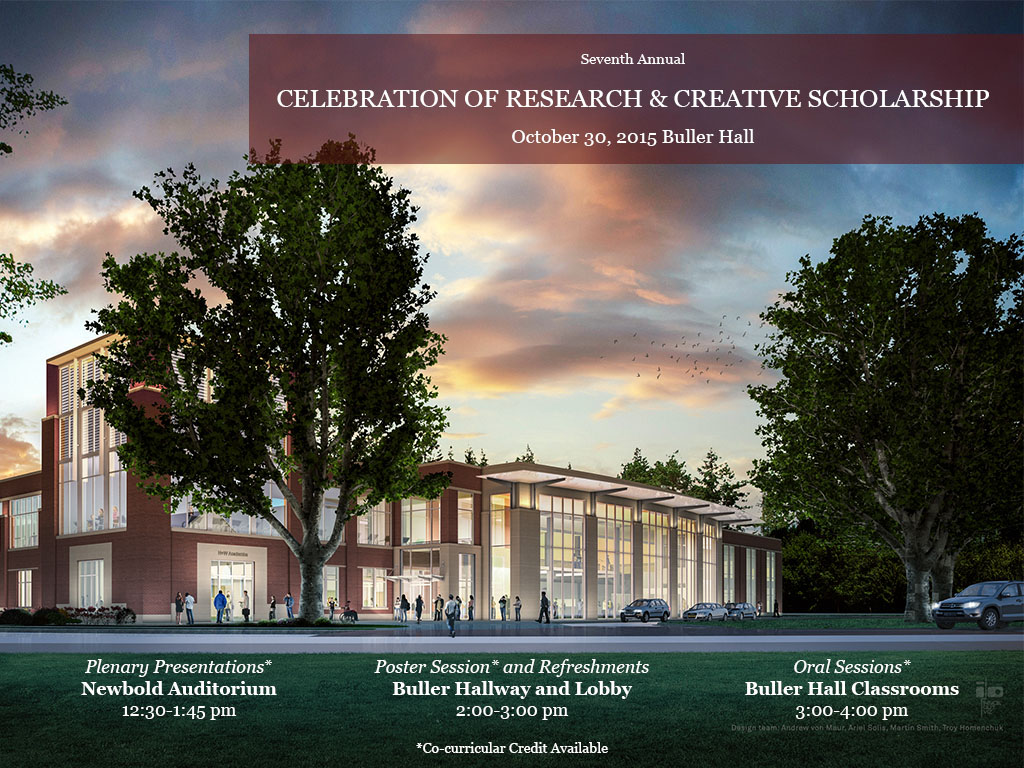Presenter Status
Seminary Librarian, James White Library
Preferred Session
Poster Session
Start Date
30-10-2015 2:00 PM
End Date
30-10-2015 3:00 PM
Presentation Abstract
The most recent iteration of the ACRL Standards for Information Literacy has added “dispositions” to the repertoire of information literacy practice. This poster will explore how these “dispositions” might be understood in Adventist Theological Education. The first iteration of ACRL Standards for Information Literacy was largely instrumental and most instruction was focused on using technology. This development shifts the focus from learning an ICT skill to transformative learning. Information seeking has been transformed from a scarcity model to an abundance model. Adventists are now flooded with information from all sides and from all types of sources. The SDA pastor and educator must learn to both navigate and participate in this abundance. At the core of this ability are the “dispositions” that filter, organize, manage, and gain knowledge from the abundance. Those who “get it” become effective communicators on multiple levels in a global community. Articulating these “dispositions” is the first step in educating for these competencies. As an experiment in the integration of faith and learning, the Ten Commandments (Exodus 20) will serve as rubric for organizing and explaining information literacy “dispositions” as they pertain to theological education.
P-07 Information Literacy "Dispositions" Come to the Seminary
The most recent iteration of the ACRL Standards for Information Literacy has added “dispositions” to the repertoire of information literacy practice. This poster will explore how these “dispositions” might be understood in Adventist Theological Education. The first iteration of ACRL Standards for Information Literacy was largely instrumental and most instruction was focused on using technology. This development shifts the focus from learning an ICT skill to transformative learning. Information seeking has been transformed from a scarcity model to an abundance model. Adventists are now flooded with information from all sides and from all types of sources. The SDA pastor and educator must learn to both navigate and participate in this abundance. At the core of this ability are the “dispositions” that filter, organize, manage, and gain knowledge from the abundance. Those who “get it” become effective communicators on multiple levels in a global community. Articulating these “dispositions” is the first step in educating for these competencies. As an experiment in the integration of faith and learning, the Ten Commandments (Exodus 20) will serve as rubric for organizing and explaining information literacy “dispositions” as they pertain to theological education.



